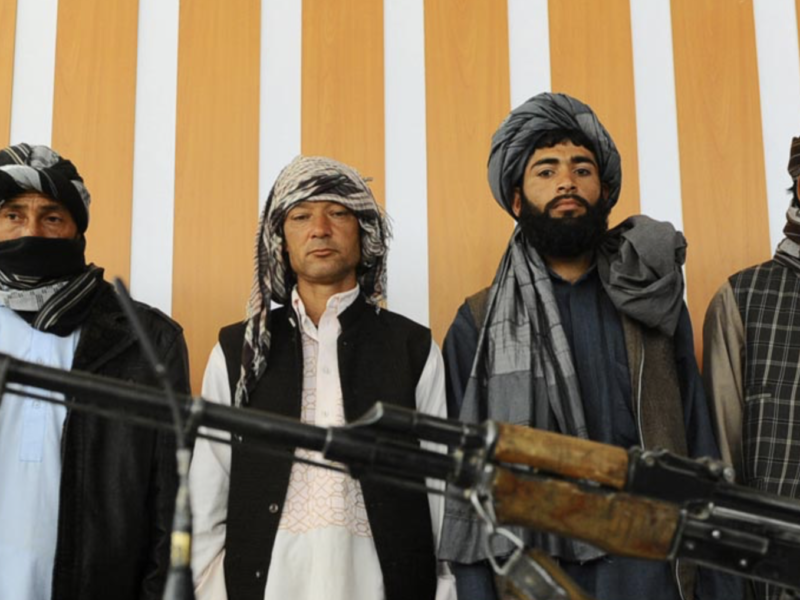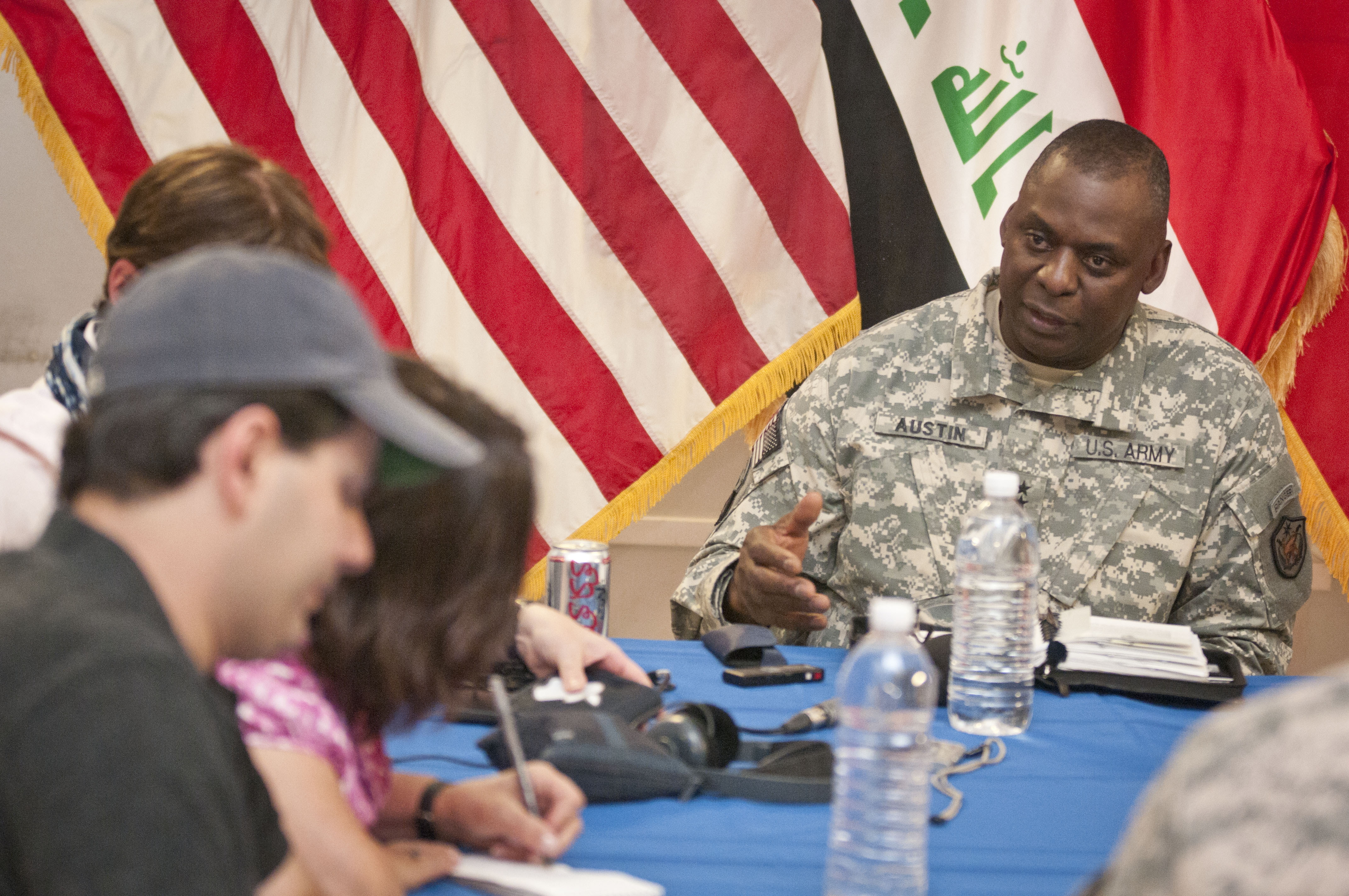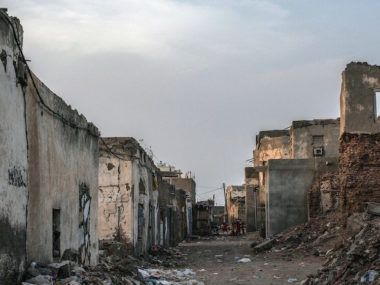By guest contributor Shikshya Adhikari
The Taliban’s attempts to garner political legitimacy cannot go unnoticed. The Taliban were one of the first to respond to the COVID-19 pandemic in Afghanistan, providing health guidelines and support to people in areas they controlled as well as those controlled by the government. This, along with the recently signed peace agreement with the United States, speaks to their expressed commitment to facilitate peace and good governance in Afghanistan as a political actor working within the bounds of the democratic system.
However, recent attacks by the Taliban on Afghan forces, which came just a few weeks after Sirajuddin Haqqani, the deputy leader of the Taliban, publicly proclaimed the group’s desire to put an end to all “the killing and the maiming,” cast doubt on their willingness to make peace. Indeed, this inconsistency is just one example of the many roadblocks the Taliban face in achieving legitimacy. Their actions and ideologies run contrary to their expressed commitments; the Afghan government is unwilling to cooperate with them; and they face credible commitment issues on the part of the United States.
It is unclear what role the Taliban envision themselves playing in Afghanistan after the peace deal. On one hand, the Taliban wants the country to be “given to them peacefully” and have been unwilling to recognize the “stooge government in Kabul.” On the other hand, they have expressed a commitment to a power-sharing arrangement, including working together with the government in some capacity to respond to the COVID-19 pandemic. The latter would require the organization to function as a legitimate political party and become a part of the democratic processes.
Garnering legitimacy as a political actor is not an easy task. It requires acceptance from the state or the incumbent—or a semblance of it in the case of Afghanistan. But the Afghan government is staunchly biased against the Taliban, has rigged elections to remain in power, and is at odds with the Taliban on a number of issues, including the position of women, and the terms of the peace agreement. A power-sharing agreement seems unlikely.
If we assume that the Taliban wants to be recognized as a legitimate political actor, they have to seek support from the people. And indeed, the group is trying to do this. They claim, for example, to want to establish an Islamic system where all Afghans—including women—have equal rights, and where women’s rights to education and work are protected. It also seems they are trying to adopt decent governance practices in areas they control. But the extent of the people’s support for the Taliban is unclear. The claim that the Taliban will protect the rights of women is hard to take seriously given its treatment of women and the restrictions they place on women in areas they control. Therefore, it is doubtful that the group will provide women with basic rights, let alone political rights; this further casts doubt on the Taliban’s willingness to operate under a power-sharing arrangement with the current government, which has created opportunities for women.
The commitment the Taliban have made on paper not to allow Al Qaeda to operate in areas that they control also arouses skepticism. The alliance between the Taliban and Al Qaeda is not new—their relationship goes back over two decades. The groups may have different objectives and priorities, but their alliance has endured. They remain united in their antagonism against foreign occupation and the Islamic State. Al Qaeda provided funds and training to the Taliban. The Taliban provide sanctuary to Al Qaeda and refused to hand over Osama Bin Laden, despite incurring heavy costs and international isolation. Al Qaeda provides ideological backing to the Taliban against their competitor, the Islamic State, and the two groups are bound by intermarriages and even religious mentorship. It is therefore hard to imagine that the Taliban are going to abruptly cut ties with Al Qaeda.
The Taliban also face serious commitment issues from the United States. In the fall of 2019, the United States called off a planned Camp David meeting and added weapons to its arsenal while promising to remove American troops from Afghanistan. While states reneging on their commitments made to violent non-state actors such as the Taliban are not a new phenomenon, it creates severe hurdles for the peace process in Afghanistan. The Taliban will have no motivation to adhere to their commitments if the United States does not reciprocate with similar initiatives. They are bound to be less likely to renounce violence if they believe that the United States is likely to use violence against the group. And given the volatile and unpredictable foreign policy created by the domestic politics of the United States, the Taliban will be even less likely to view the United States as anything else other than an untrustworthy adversary.
The Taliban themselves seem unclear on what role they expect the United States to play in Afghanistan. While the Taliban do not want American troops on Afghan soil, they do seem willing to consider the possibility of the United States supporting recovery and reconstruction of the country. It is hard to imagine how this scenario would play out, however. What guarantee is there that the Taliban forces will not attack aid workers or obstruct the transportation of relief and recovery materials and services? Moreover, would the United States be called upon to counter such attacks with force, further muddling the agreement? There are also no guarantees that the aid received for recovery and reconstruction activities would be channeled properly given the rampant corruption at all levels of the Afghan government. How would the Taliban act differently to curb corruption, given that they have not shied away from illicit activities?
The possibility of the Taliban playing a constructive part in the peace process appears bleak at the moment, partly due to the discrepancy between their stated goals and their actions; partly because of the Afghan government’s biases against them and unwillingness to share power; and partly because of the United States’ inability to be firm in its commitments. Solutions to these issues do exist, but they require initiative from all three sides. The Taliban should go above and beyond to prove that they are committed to good governance, power-sharing, and women’s rights. Their response to the pandemic is certainly one of the important steps they have taken to signal their efforts. The Afghan government should create a more open space for the Taliban to participate. The United States can direct its efforts towards motivating the Afghan government to create an open political environment and encouraging the Taliban to engage more with the Afghan government This may help avoid situations like the current one, where the Afghan government was not a part of the peace agreement, and thus was unwilling to agree to the clauses of the deal. More fundamentally, the United States should show commitment to the peace deal by adhering to its promises.
Shikshya Adhikari is a PhD student at Rockefeller College of Public Affairs and Policy at the University at Albany.







